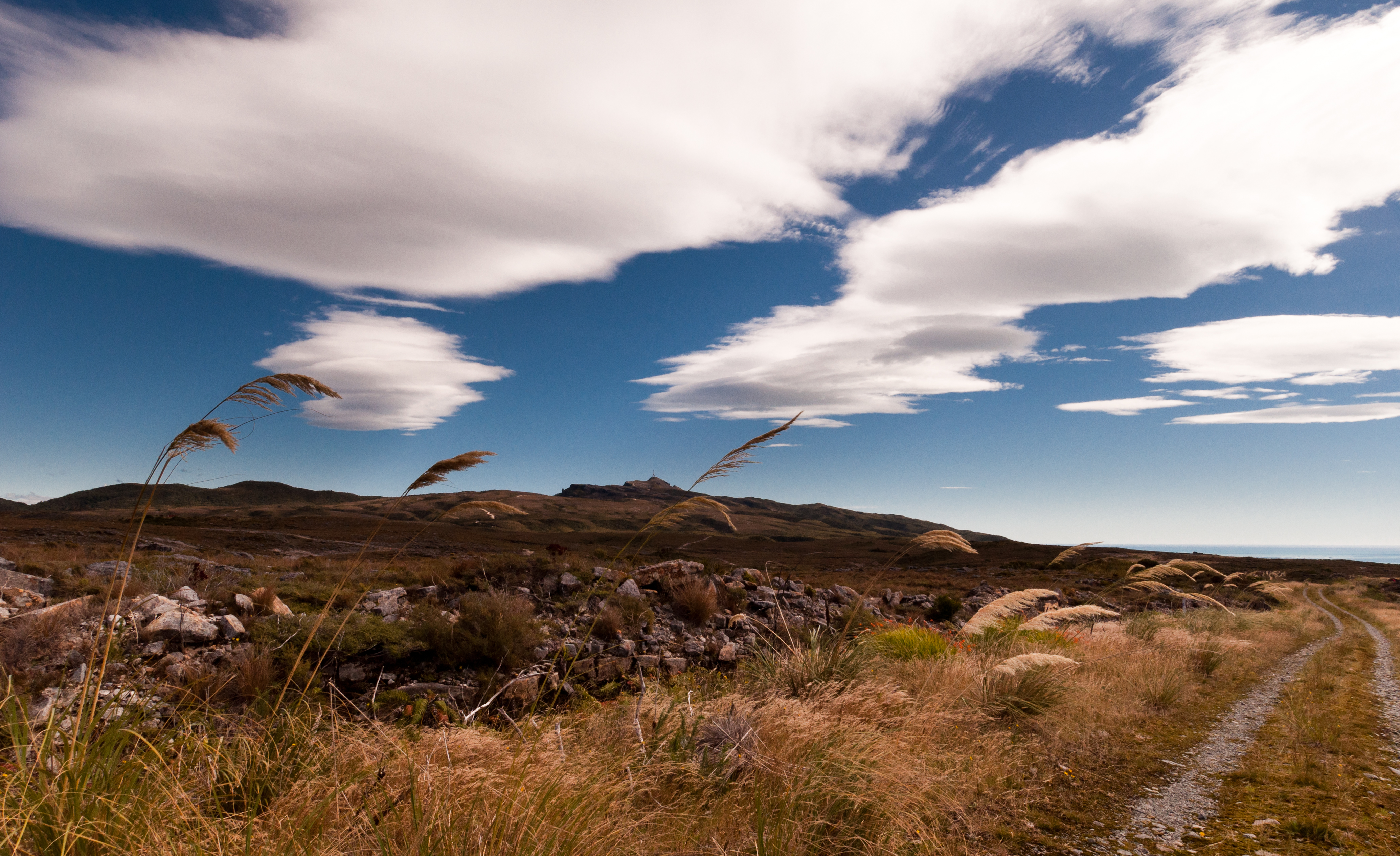NZ Climate Legislation in Disarray
Between an ineffective Emissions Trading Scheme (ETS) and the removal of the ability to consider the negative effects of climate change in resource consent applications, New Zealand continues to lack any instrument to address climate change.

Bathurst wants to dig up the Denniston Plateau to extract a significant amount of coal. This would see our coal exports rise by over sixty-three percent.
Rather than looking to clean-green sources of energy, there’s a mad scramble to extract diminishing supplies of fossil fuels such as coal, and, in NZ’s case, the government is actively subsidising these activities, with the never ending promise of free carbon credits to large industry.
Fonterra for example are in the process of building a 75 MegaWatt milk drying facility in Darfield, which will be the biggest in the world. It which will burn coal and its emissions will be subsidised by up to 90% by the taxpayer due to this mechanism in our ETS.
Without this subsidy the plant would be economically nonviable. And the government has capped the price of carbon at $25 a tonne and requires only one credit per two units, thus subsidising the remaining emissions one for one.
Business has typically been impervious to the moral case for cutting down on fossil fuels, and it’s the government’s obligation to keep them in check.
In this case though, the government is actively encouraging businesses to fuel their activities using dirty methods, and they’re using smoke and mirrors so the taxpayer is blind to the fact that we’re implicitly supporting these polluting activities.
One key piece of legislation that can be used to stem our climate change emissions is our Resource Management Act. The Act is the main way that our environment is managed. The court’s recent ruling in May means that approval for fracking or coal mining could be granted without any consideration of their contribution to climate change.
Forest & Bird and the West Coast Environmental Network have been working hard to stop the destruction of the Denniston plateau from a coal mine that will see our coal exports increase by 63% a year.
Together we will be appealing this decision in the High Court, however it is highly unlikely that the legal uncertainties will be resolved prior to the appeal against the Denniston consents, as this is scheduled for late October.
This presents a large void in our legislature. Any fossil fuel extracted but not burnt in New Zealand will have no requirement to have climate change considered at the consenting stage of the application nor will the operator be eligible to pay for the emissions produced as a result of the combustion of this coal.
This looks likely to be the case with Denniston, with Mt William and potentially the 8 billion tonnes of lignite in Southland. To suggest that the Kyoto Protocol deals with climate change is ignoring the elephant in the room.
The people of New Zealand stood up against nuclear power because we knew it poses unacceptable risks. We must now stand up against new fossil fuel extraction for the same reasons.
New Zealand has a special place in the world due to standing up against environmental abuse in the past, we must continue to be true to ourselves and not let a short-sighted government destroy this legacy.
If you wish to Forest & Bird’s climate change appeal, see here
People opposed to mining in its various guises will be gathering in Rotorua on 25-26 August for Ka Nui / Enough!, a counter-conference to the mining industry conference also happening in Rotorua. Join us!
